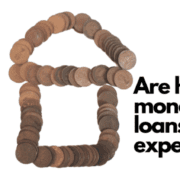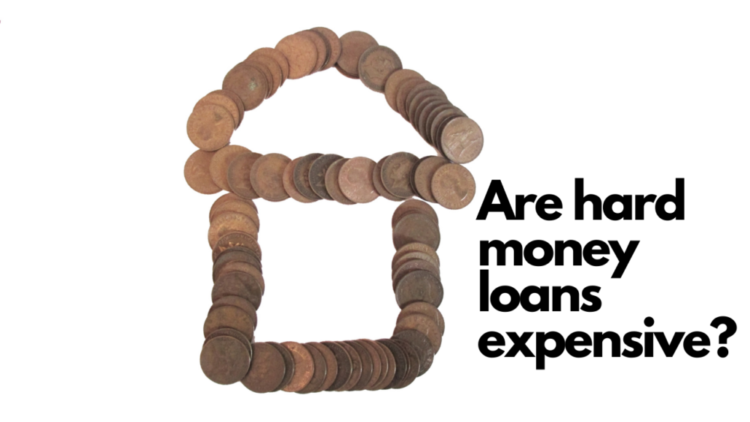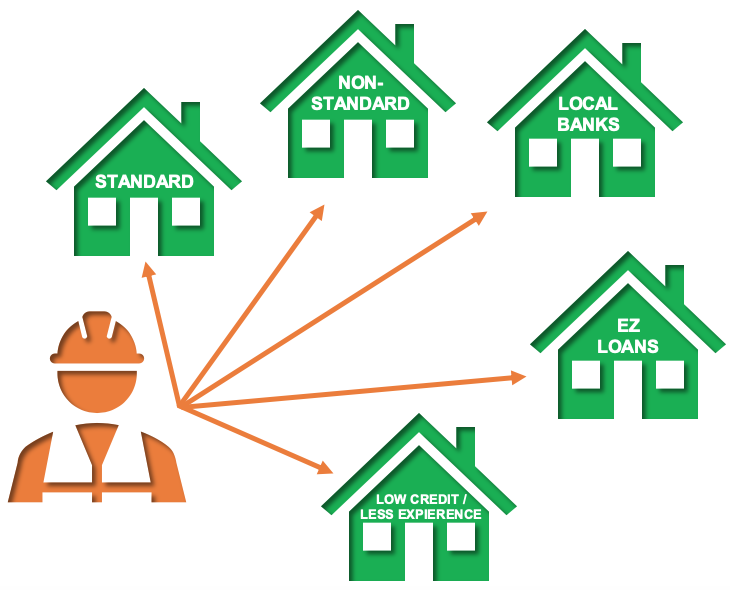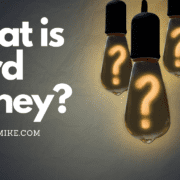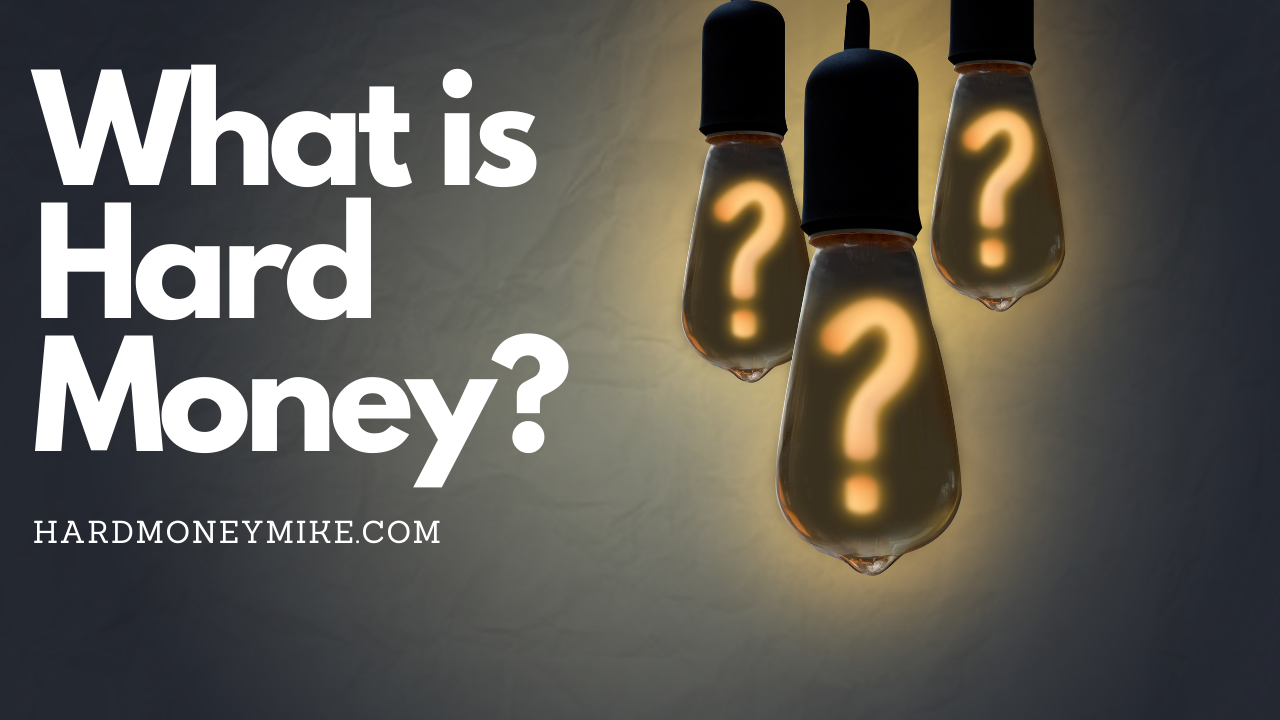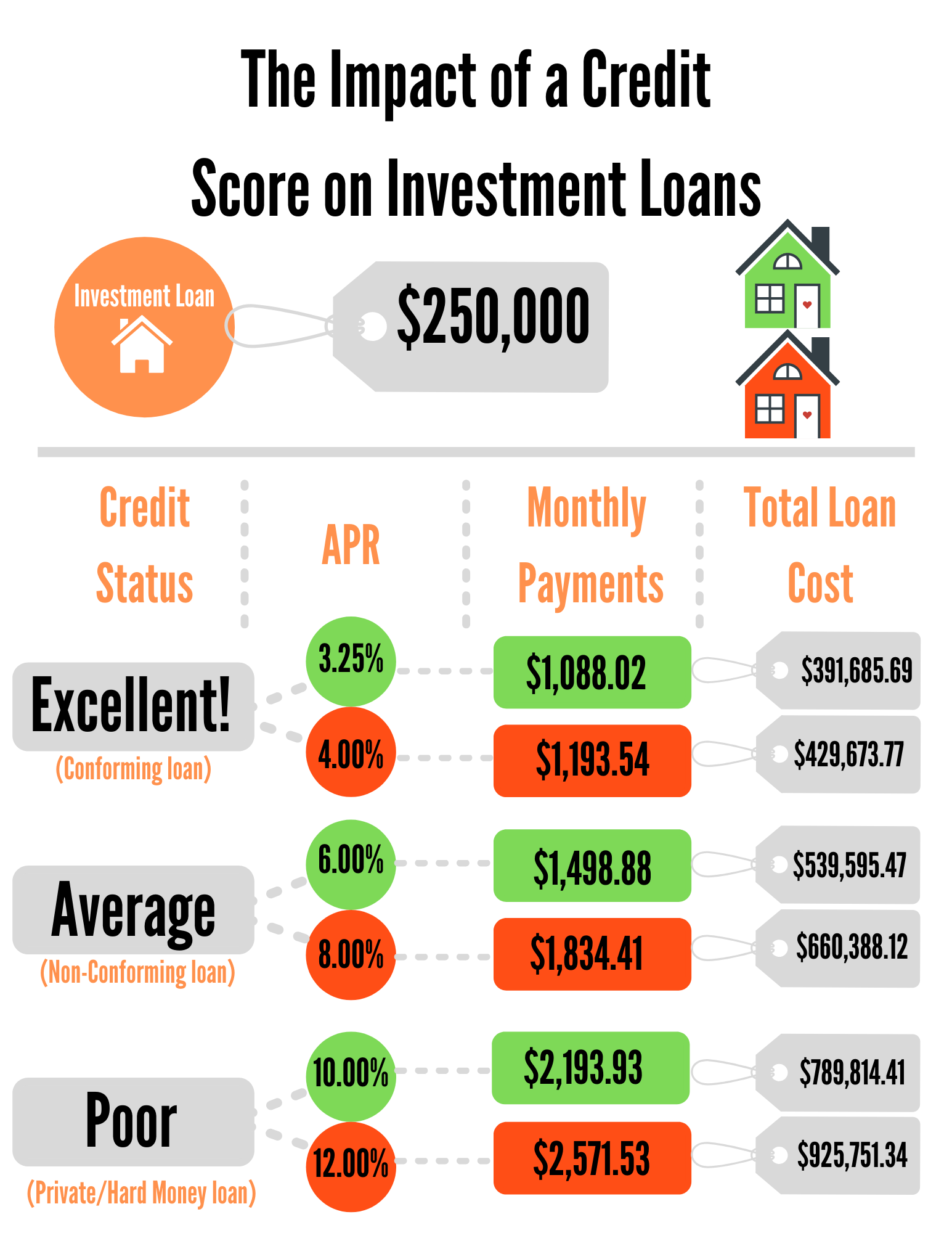What Is a Bridge Loan?
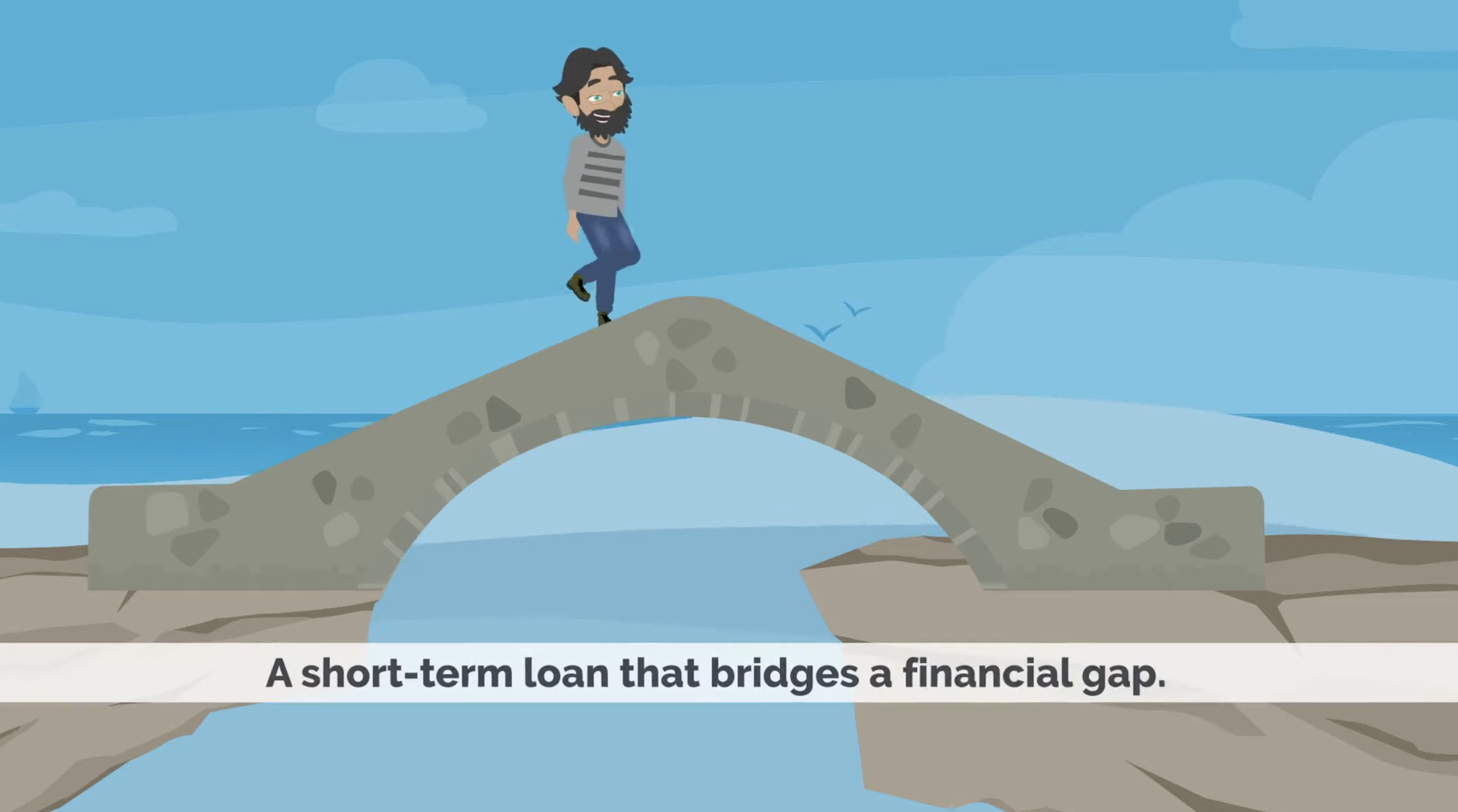
What is a bridge loan, and how should a real estate investor use it?
Let’s get the obvious out of the way first: they are not used to buy a bridge.
Then why are they called a “bridge loan”? Because they’re short-term loans that bridge a gap left by other financing or by the timing of your investments.
How Does a Bridge Loan Work?
Bridge loans fill a need for short-term capital. These loans have a short duration and cover a gap from:
- Hard money to long-term financing.
- One property selling to buying another.
- Covering a down payment or closing faster on a new property.
They’re always secured by your current property. For most bridge loans, you pay them off between a few weeks to a few months later.
When Is a Bridge Loan a Good Idea?
You can use bridge loans to purchase a property while waiting on another property to close. Once the first property sells, you use that money to pay the bridge loan off.
The loan works perfect when a bank is dragging its feet to close a loan, or asks for another 30-60 days for processing.
As long as there is a property with good equity available, you can use it as collateral for the bridge loan.
More Info on Real Estate Investing
Hard Money Mike has been assisting real estate investors for over 20 years. If you have questions about bridge loans, we are always here to help.
Not looking for bridge loans? You can also ask us about hard money, traditional lending, setting up bank lines of credit, and more. Email us any questions at Info@HardMoneyMike.com.
For more real estate investing resources:
- Check out the videos on our Youtube channel.
- Follow us on Twitter for real estate investing breakdowns.
- Join us on Facebook for daily content to help you grow your business.
If you get connected, you accelerate your cash flow. Happy Investing.





